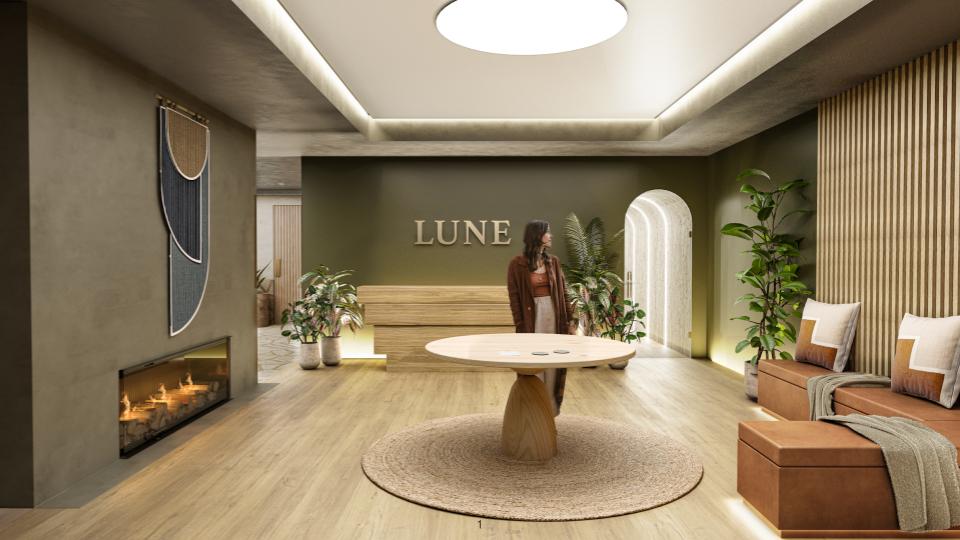

We recently had the chance to connect with Hannah Meurer and have shared our conversation below.
Hannah, it’s always a pleasure to learn from you and your journey. Let’s start with a bit of a warmup: What are you chasing, and what would happen if you stopped?
If I stopped chasing my passion—if I stopped going against the grain of our current medical system to create a space for pregnancy loss—we’d simply continue on the same harmful path: staggering rates of untreated mental health needs, worsening maternal morbidity and mortality, and a culture of shame and silence around miscarriage. Families would remain isolated, unsupported, and without the resources they deserve. My passion isn’t just about building a clinic—it’s about refusing to accept a system that looks away from the reality of loss.
Can you briefly introduce yourself and share what makes you or your brand unique?
Ever since I can remember, I’ve loved helping people, been fascinated by medicine, and was a natural nurturer—so becoming a midwife was the most beautiful fit. The relationships I build with families have never felt like “work” to me; it’s an honor to walk alongside them. My own childbearing years—experiencing both life and loss—radically shaped me as a midwife and ignited my passion to transform pregnancy loss care in this country. No one had ever created a specialty for miscarriage—until now. Lune Health is the first miscarriage clinic in the U.S., developed over months of intentional work: gathering the stories of women across the country, grounding ourselves in research and data, and designing the most empathetic yet medically proficient experience possible. We exist to fill the gaps and change the culture around pregnancy loss.
Great, so let’s dive into your journey a bit more. What’s a moment that really shaped how you see the world?
It’s not one singular moment, but a layering of many raw and profound ones that have shaped the way I see the world. I carry a lens of mortality because of what I’ve witnessed: holding space for women in childbirth pain, in their nakedness, messiness, and vulnerability; hearing the guttural cries of mothers delivering a full-term baby who never takes a breath; seeing grief and depression up close, and being invited into the presence of women during the most devastating seasons of their lives. These ultra-humanizing moments have stripped away pretense and given me a deep reverence for both life and loss—they’ve shaped everything about how I navigate the world.
When did you stop hiding your pain and start using it as power?
I began using my pain as power the moment I felt ready to share my personal story. For a long time, I hid my loss because of the way I grieved—at first I was matter-of-fact, strong, and eager to move on quickly as a way to cope. I delayed my grieving, and that silence felt isolating. But once I allowed myself to process, that pain transformed. It became the fuel for my anger, my passion, and my stubborn determination to keep fighting for families and to build the change that pregnancy loss care so desperately needs in our healthcare system.
I think our readers would appreciate hearing more about your values and what you think matters in life and career, etc. So our next question is along those lines. What are the biggest lies your industry tells itself?
The biggest lie the healthcare industry tells itself is that people are profit. Patients are treated like units to be “moved through” a system, with every interaction measured by how much money can be made—whether through insurance reimbursements, unnecessary procedures, or rushed appointments. That isn’t healthcare. The proof is right in front of us: our maternal morbidity and mortality rates have never been worse. Our healthcare is failing, and we must do better.
Okay, so before we go, let’s tackle one more area. What do you understand deeply that most people don’t?
What I understand deeply is grief and loss. Grief isn’t just an emotion—it literally rewires our brains. Our body perceives the loss experience as trauma or even PTSD (post traumatic stress disorder), a primal instinct necessary for survival. In that sense, grief is protective—it’s our mind and body’s way of keeping us alive through something unbearable. But the remarkable thing is our brains can adapt and form new connections, even experience healing. That process, though, takes time and the right kind of support from people who truly understand how to walk alongside you.
Contact Info:
- Website: https://lunehealth.co
- Instagram: https://www.instagram.com/lune.health/?hl=en
- Linkedin: https://www.linkedin.com/in/hannah-meurer-midwife/
- Facebook: https://www.facebook.com/people/Lune-Health/61566709180002/?_rdr
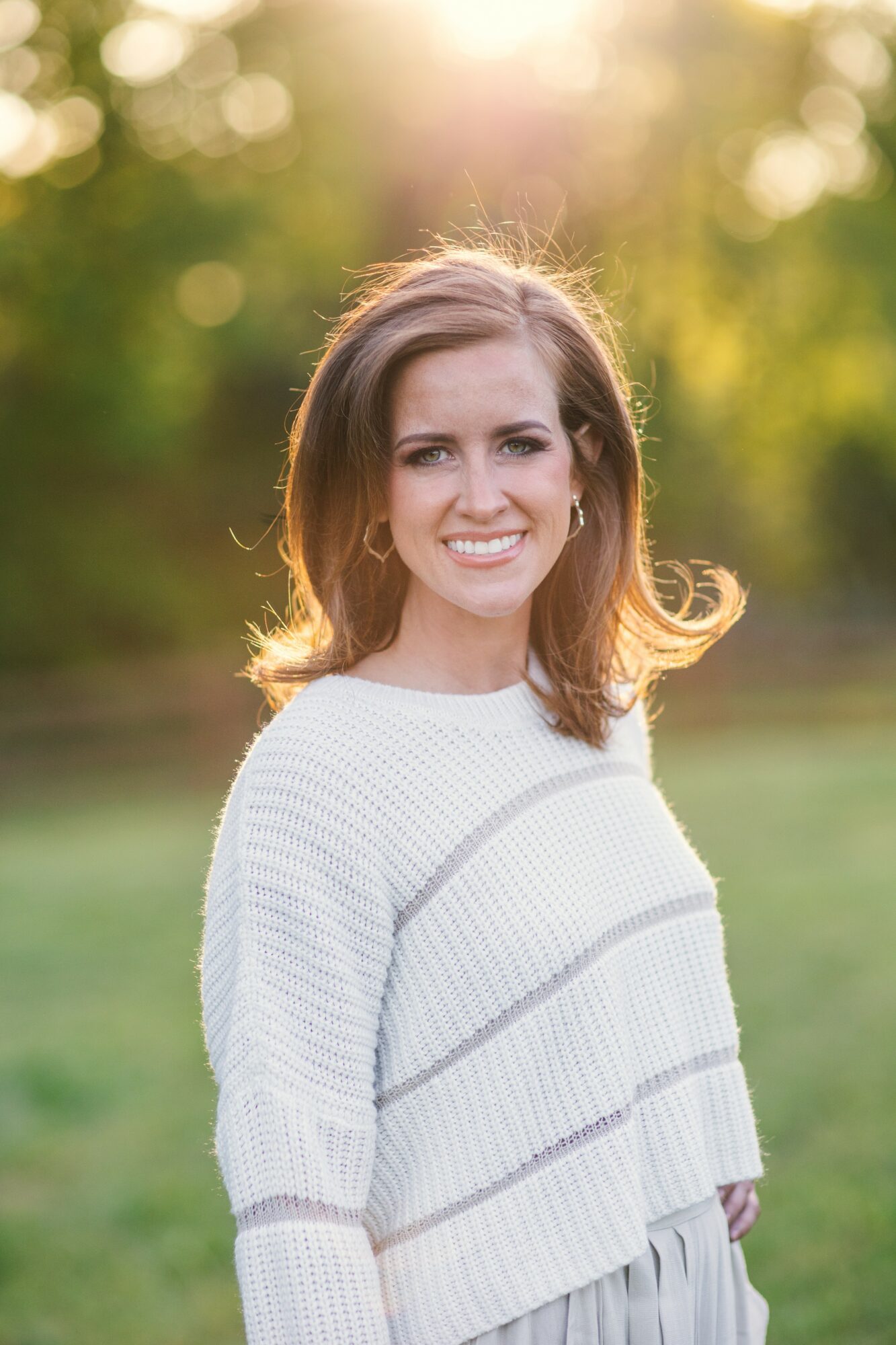
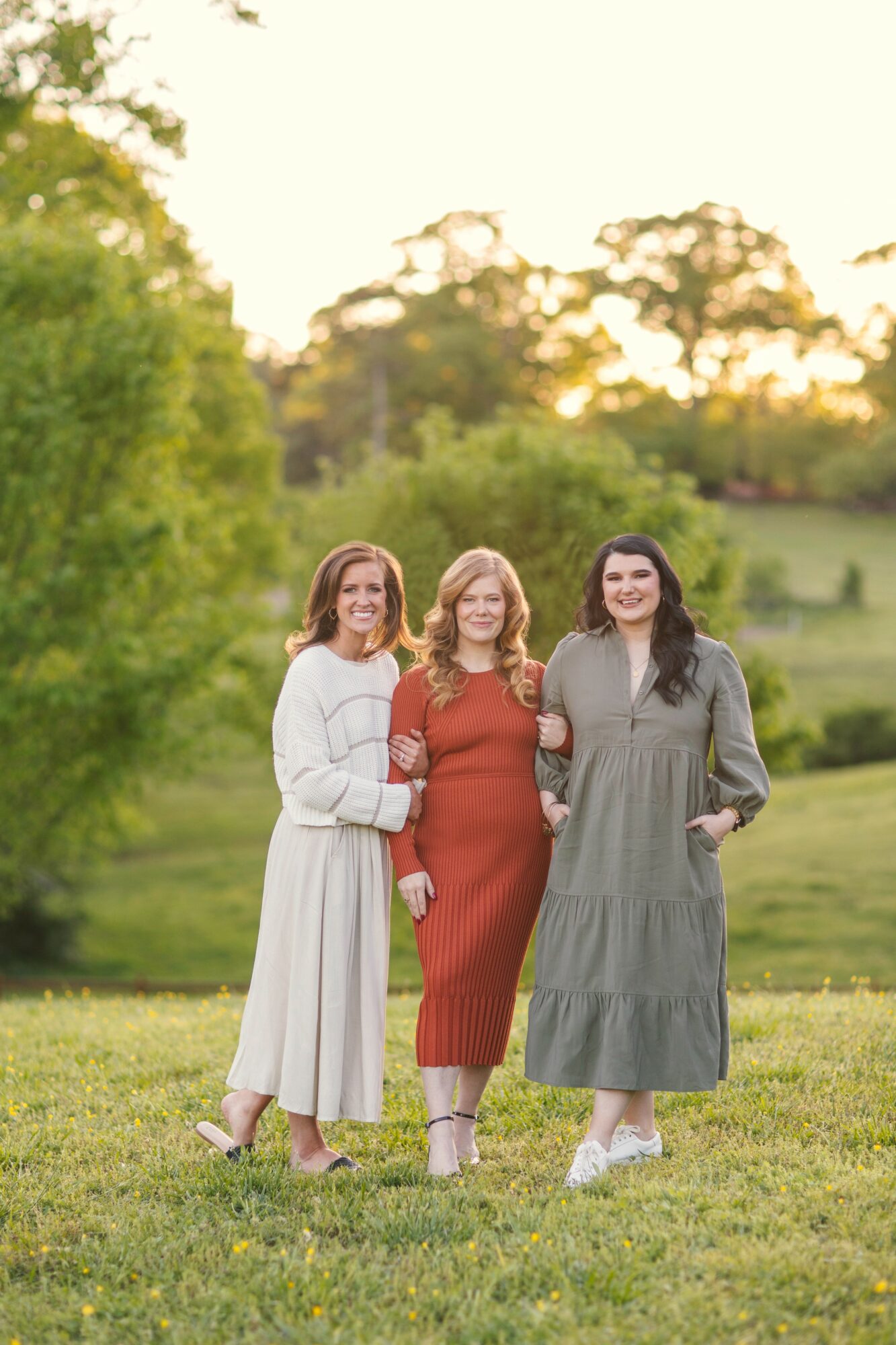
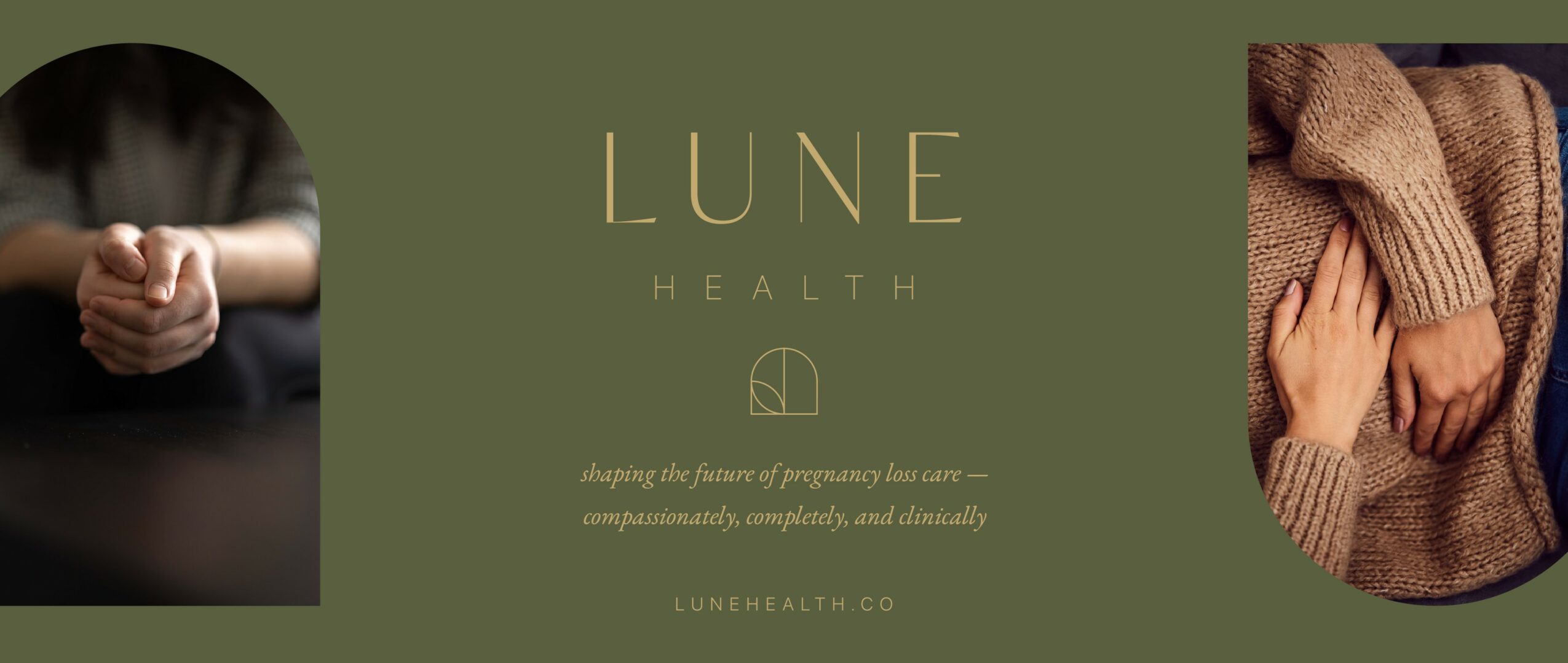
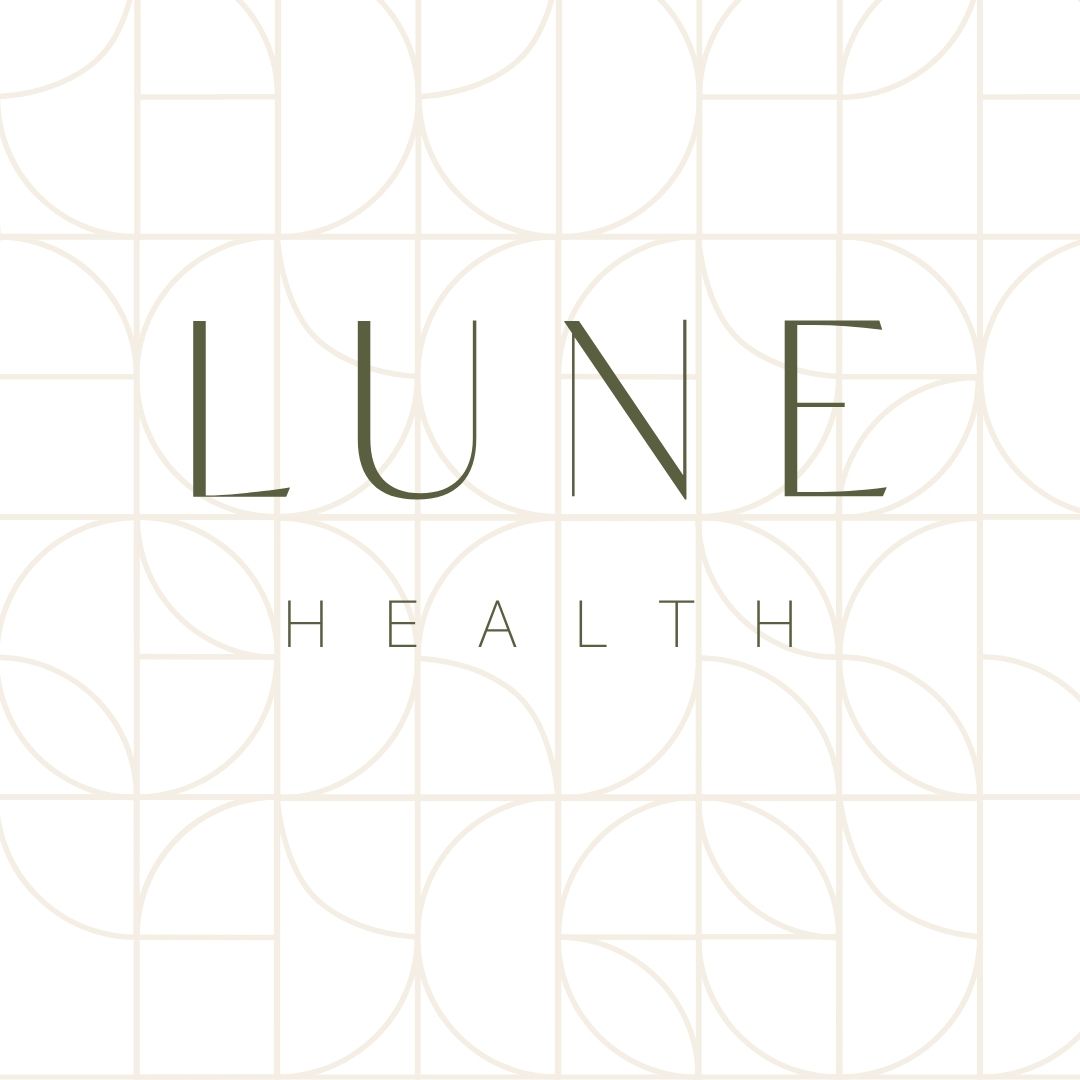
Image Credits
Suzy VanDyke













